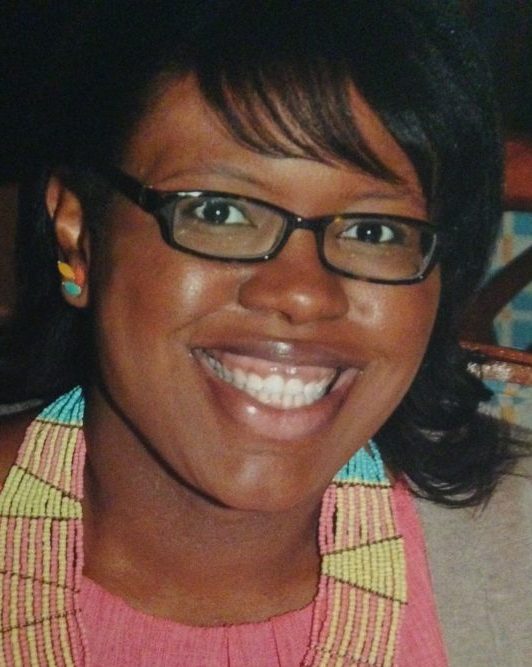The Diversity Science Initiative informs social psychology through the study of intergroup relations, social cognition, and close relationships.The UCLA Department of Psychology is home to over 70 faculty. In these sections, we highlight members with research most relevant to diversity issues. Mouse over each badge to see the faculty member’s research direction, and click through for their respective lab websites.
 Tiffany N. Brannon
Tiffany N. Brannon
Leveraging Cultural Identity to Address Social Inequality
Research Questions:
How can identity serve as a resource to enhance important life outcomes (e.g., achievement, health)?
How can inclusive and diverse settings facilitate improved inter-group outcomes?
 Naomi Eisenberger
Naomi Eisenberger
Neural processes underlying racial discrimination
Research Questions:
How do individuals cope with being the target of discrimination?
How are they affected by seeing others experience discrimination?
 Yuen Huo
Yuen Huo
Social context, motivation, and relations within and between groups
Research Questions:
How do individuals in diverse groups negotiate multiple, cross-cutting identities?
What are the consequences for inter-ethic conflicts and individual well-being?
 Ben Karney
Ben Karney
Relationship satisfaction in diverse populations
Research Questions:
How do stress, personality, and couple interactions predict success of intimate relationships?
Do white, black, and Hispanic couples define relationship success differently?
 Anne Peplau
Anne Peplau
Gender, sexual orientation, and identity
Research Questions:
How do gender and sexual orientation affect identity, sexuality, and close relationships?
How are sexual identity and well being linked in same-sex and heterosexual relationships?
 David Sears
David Sears
Race and ethnicity in American politics
Research Questions:
How do attitudes of racial groups affect their voting behavior?
Did racial prejudice interfere with whites voting for Barack Obama?
 Margaret Shih
Margaret Shih
Identify activation and psychological processes
Research Questions:
How do social identities affect how people interpret the meaning of different situations?
How do people react when they think they are being stereotyped?
